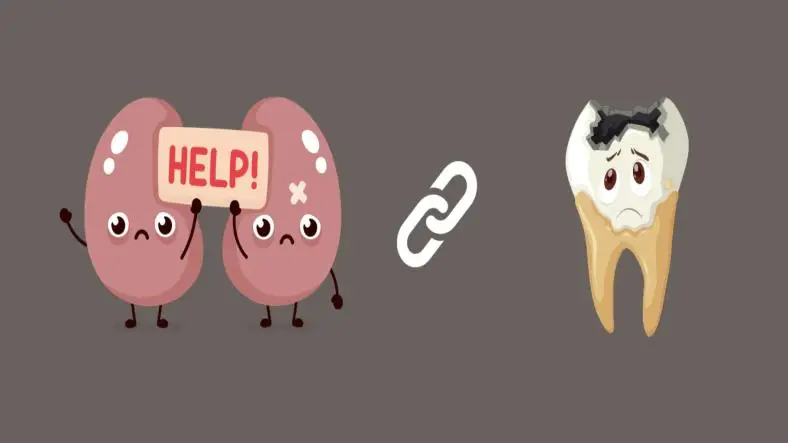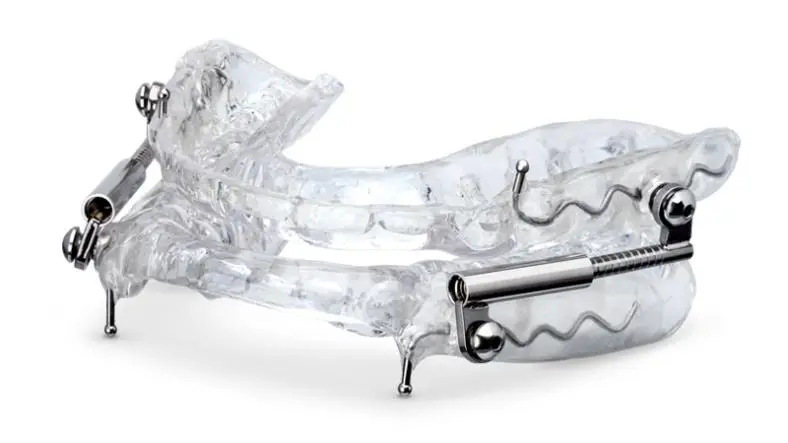Oral health and kidney health are intricately connected, a relationship that underscores the importance of maintaining good oral hygiene not only for your mouth but also for your overall well-being.
Emerging research has highlighted how oral health issues can impact kidney function and vice versa, emphasizing the need for a holistic approach to health. Understanding this link can lead to better management of both oral and renal health, ultimately improving overall quality of life.
1. The Connection Between Gum Disease and Kidney Health
Chronic gum disease (periodontitis) has been linked to kidney health issues. Research suggests that the bacteria associated with periodontitis can enter the bloodstream and contribute to inflammation, which may exacerbate kidney conditions. This chronic inflammation can affect kidney function over time, potentially leading to or worsening kidney disease. Proper management of gum disease through regular dental check-ups and cleanings is essential for mitigating these risks.
2. Diabetes, Oral Health and Kidney Function
Diabetes is a common condition that affects both oral and kidney health. High blood sugar levels can lead to dry mouth, gum infections and increased plaque buildup. Additionally, uncontrolled diabetes is a significant risk factor for developing chronic kidney disease (CKD). Maintaining good oral hygiene and effectively managing blood glucose levels are crucial for reducing the risk of complications in both oral and kidney health.
Google Ad 1
3. Impact of Kidney Disease on Oral Health
Chronic kidney disease (CKD) can have several oral health implications. Patients with CKD often experience oral symptoms such as bad breath, a metallic taste in the mouth and dry mouth. Additionally, the buildup of urea in the blood, known as uremia, can lead to mucosal lesions and increased susceptibility to oral infections. Managing kidney disease effectively can help alleviate some of these oral health issues.
4. The Role of Systemic Inflammation
Systemic inflammation is a common factor linking oral health and kidney health. Inflammation from gum disease can contribute to overall systemic inflammation, which can affect various organs, including the kidneys. Conversely, kidney disease can lead to increased inflammation in the body, impacting oral health. Addressing inflammation through proper oral care and medical management is essential for reducing these risks.
5. The Importance of Regular Dental and Medical Check-Ups
Regular dental and medical check-ups play a crucial role in managing the link between oral and kidney health. Routine dental visits allow for early detection and treatment of oral health issues, while regular medical check-ups help monitor kidney function and overall health. Coordinated care between dental and medical professionals ensures comprehensive management of both oral and kidney health.
6. Preventive Measures and Good Oral Hygiene
Preventive measures and good oral hygiene are key to maintaining both oral and kidney health. Brushing your teeth twice daily with fluoride toothpaste, flossing daily and using antimicrobial mouthwash can help prevent gum disease and other oral issues. Additionally, managing chronic conditions such as diabetes through medication, diet and lifestyle changes is essential for protecting kidney function.
Google Ad 2
7. Dietary Considerations
Diet plays a significant role in both oral and kidney health. For individuals with kidney disease, a renal diet that restricts sodium, potassium and phosphorus can help manage symptoms and slow disease progression. Similarly, a balanced diet rich in vitamins and minerals supports oral health and helps prevent gum disease. Consulting with a healthcare provider or nutritionist can provide personalized dietary recommendations for optimal health.
8. Managing Medications and Oral Health
Certain medications used to manage kidney disease or other health conditions can impact oral health. For example, medications that cause dry mouth can increase the risk of oral infections and cavities. It's important to discuss any side effects with your healthcare provider and take appropriate measures, such as using saliva substitutes or adjusting oral care routines, to mitigate these effects.
9. Addressing Risk Factors
Addressing common risk factors for both oral and kidney health, such as smoking and poor dietary habits, is essential for reducing the risk of complications. Smoking is a major risk factor for gum disease and can also negatively affect kidney function. Quitting smoking and adopting a healthy lifestyle can significantly benefit both oral and kidney health.
Google Ad 3
10. Collaborative Care for Better Outcomes
The link between oral health and kidney health highlights the importance of collaborative care between dental and medical professionals. By working together, healthcare providers can develop comprehensive care plans that address both oral and systemic health needs. This integrated approach ensures better management of chronic conditions and overall health improvement.
In conclusion, the connection between oral health and kidney health underscores the importance of maintaining good oral hygiene and managing systemic conditions effectively. By understanding and addressing this link, individuals can reduce the risk of complications and improve their overall well-being. Regular check-ups, preventive measures and a holistic approach to health are essential for achieving optimal outcomes in both oral and kidney health.
Thanks for reading the dentofacts article, for more such articles read our PeoplesBLOG.















